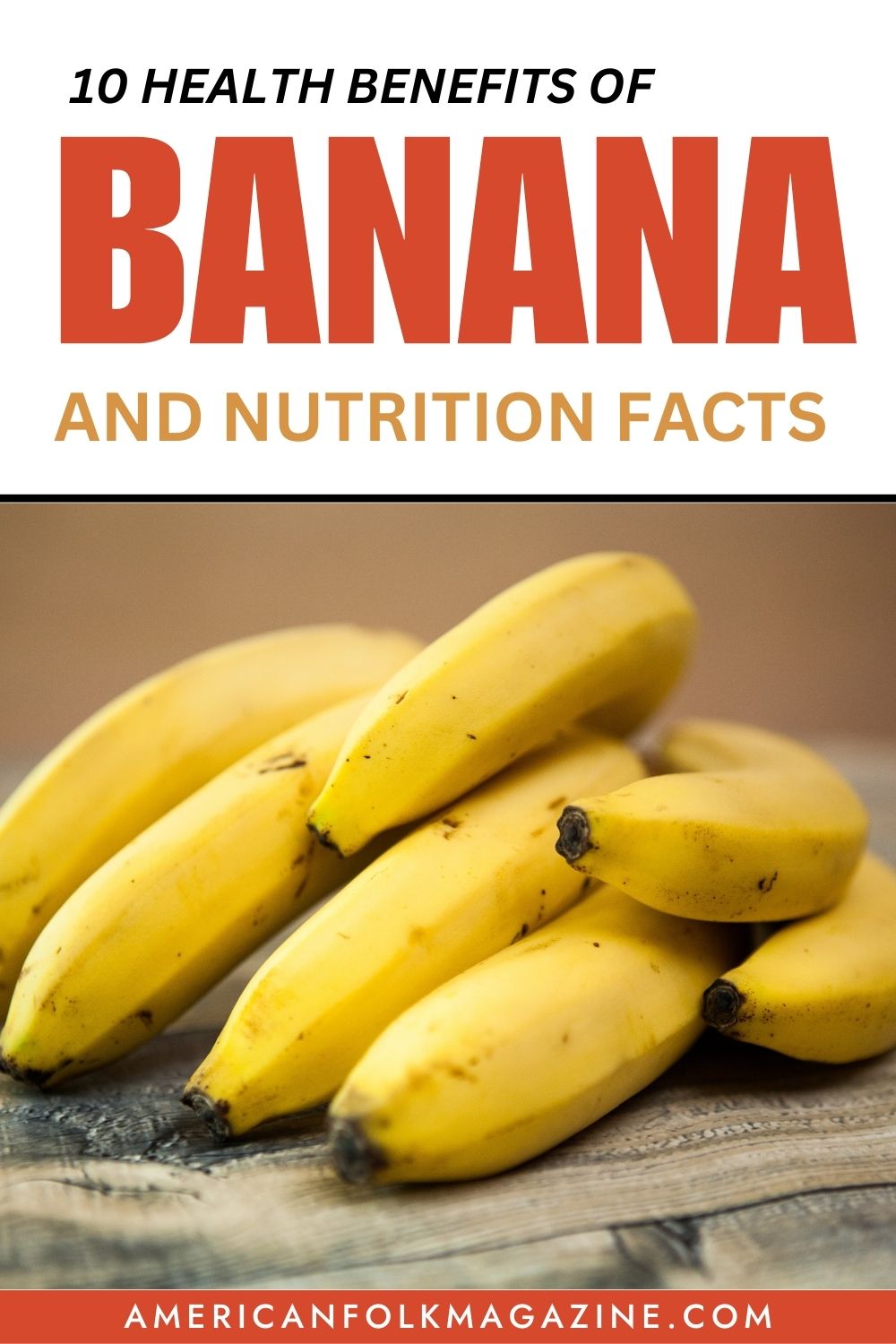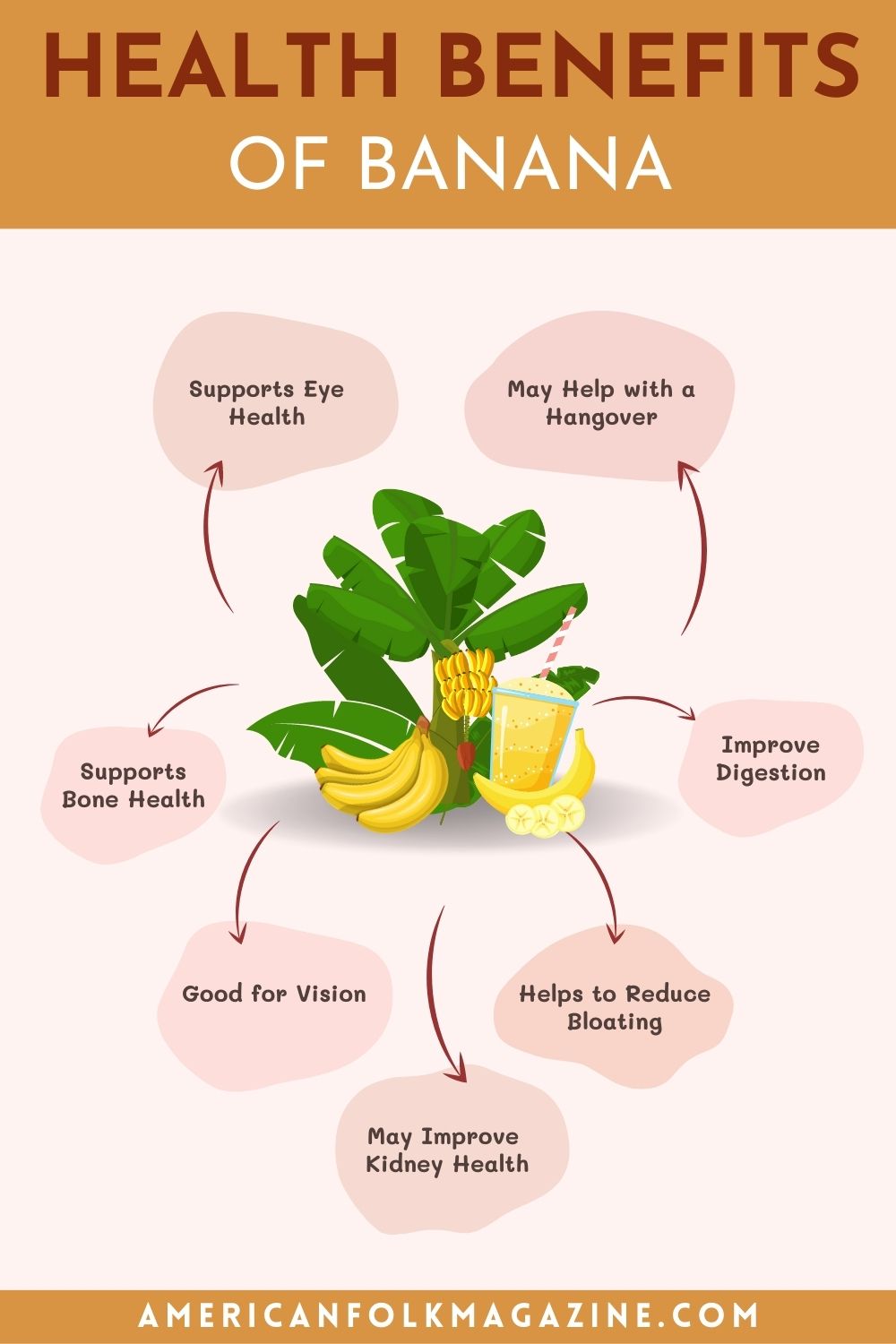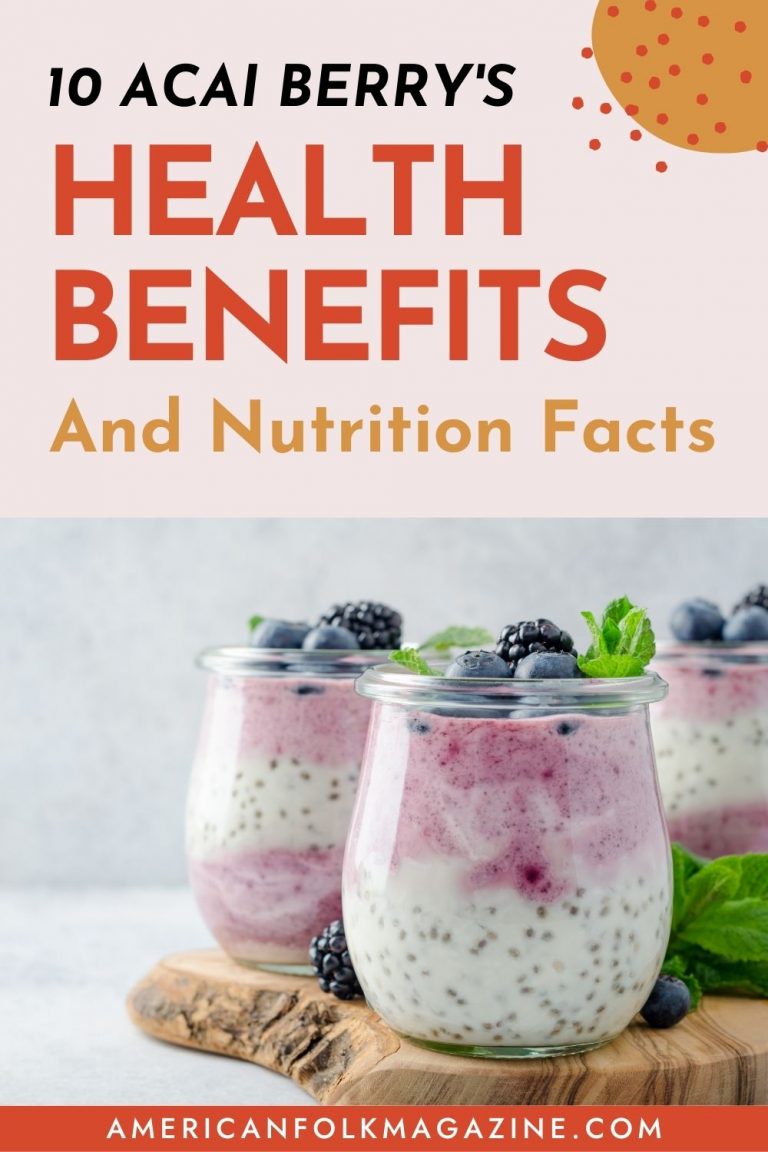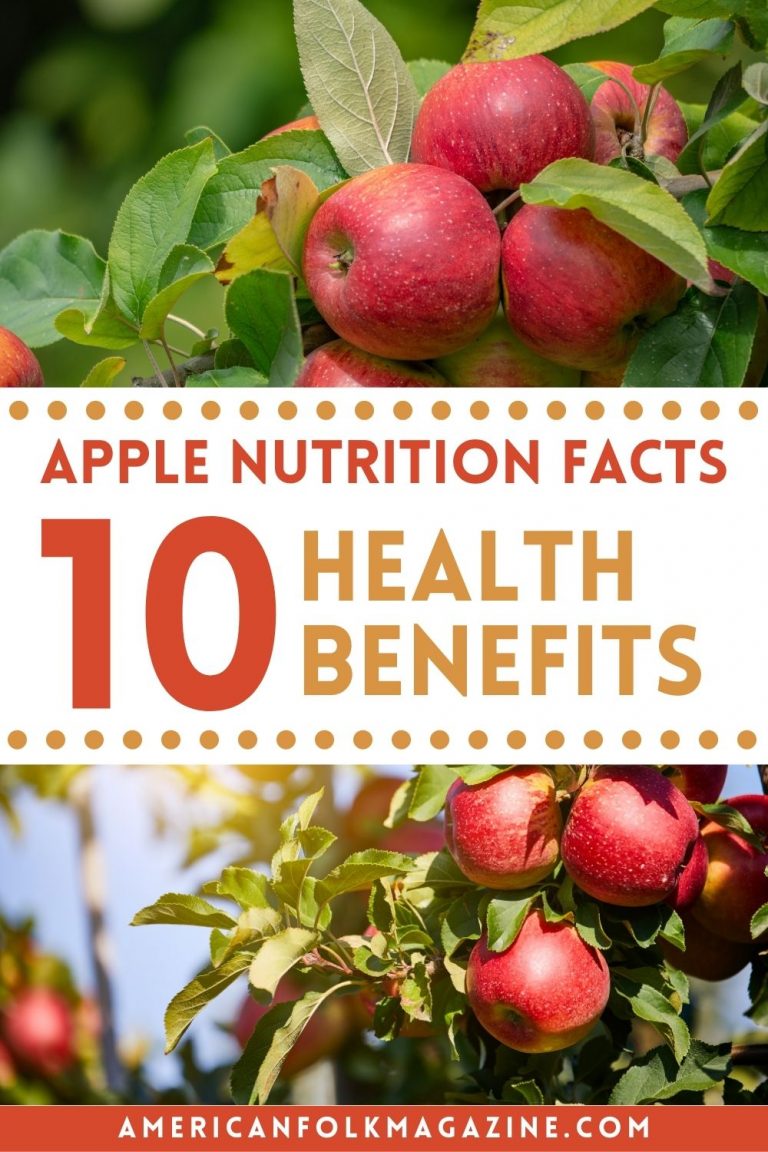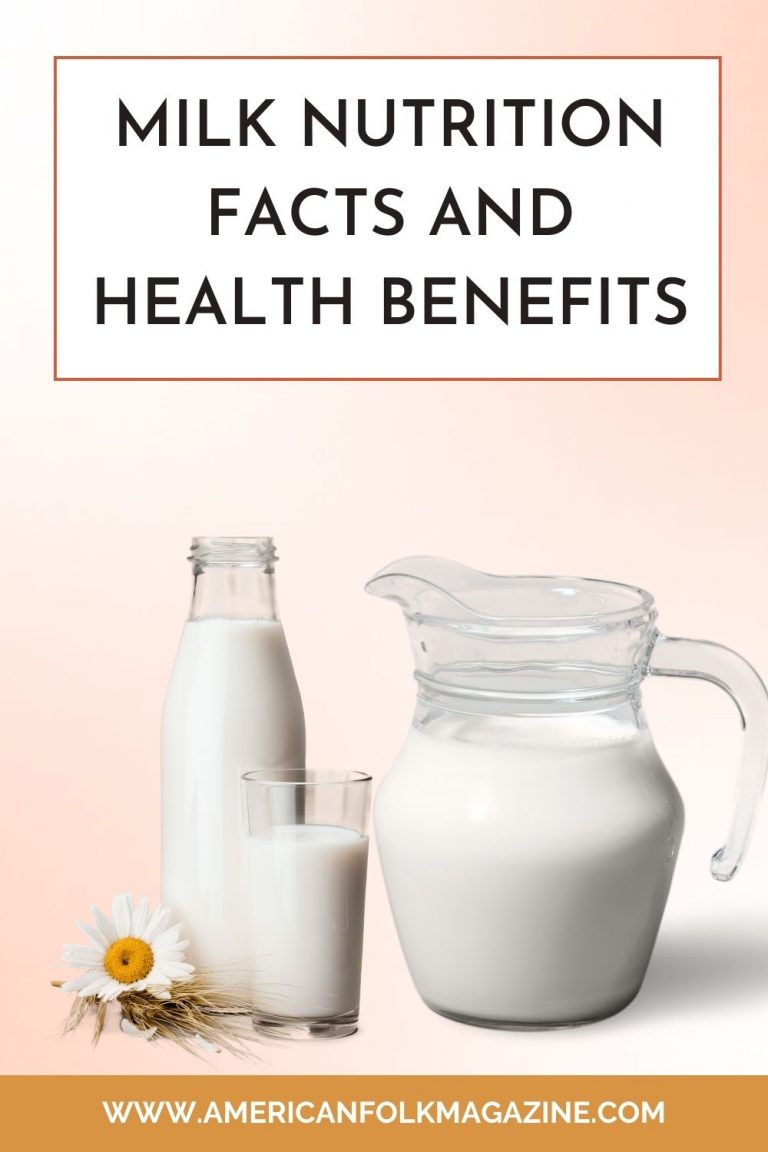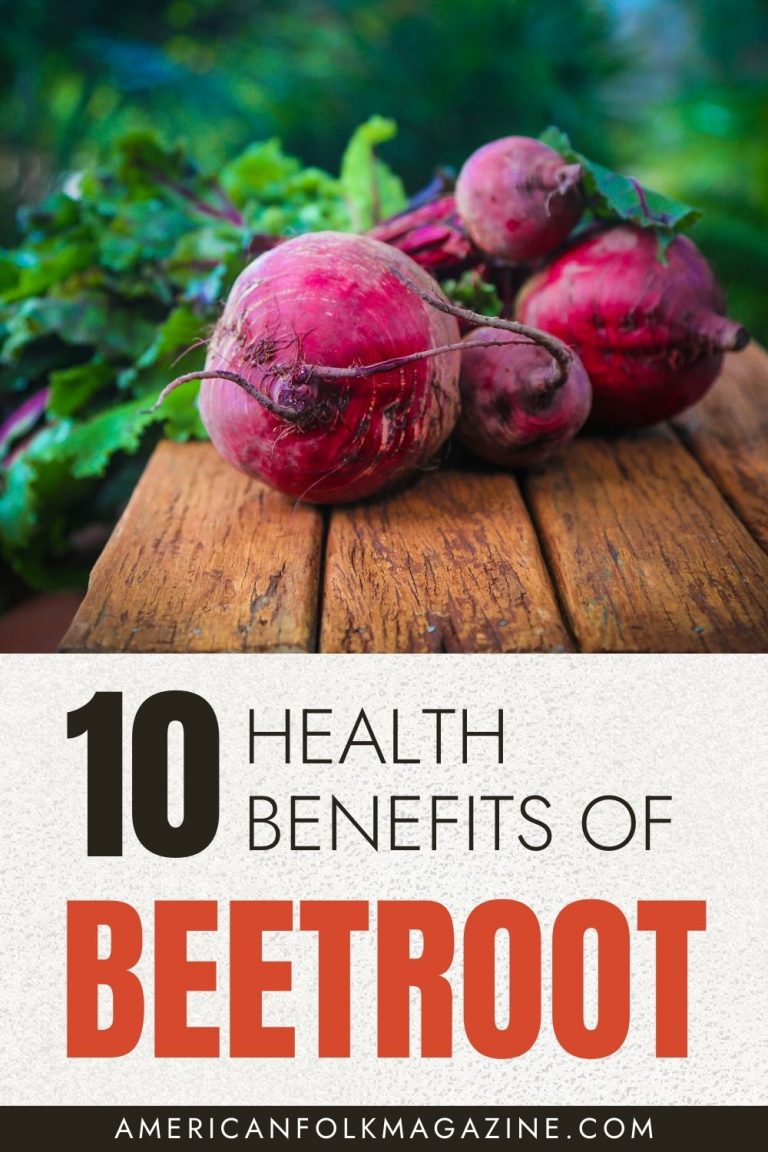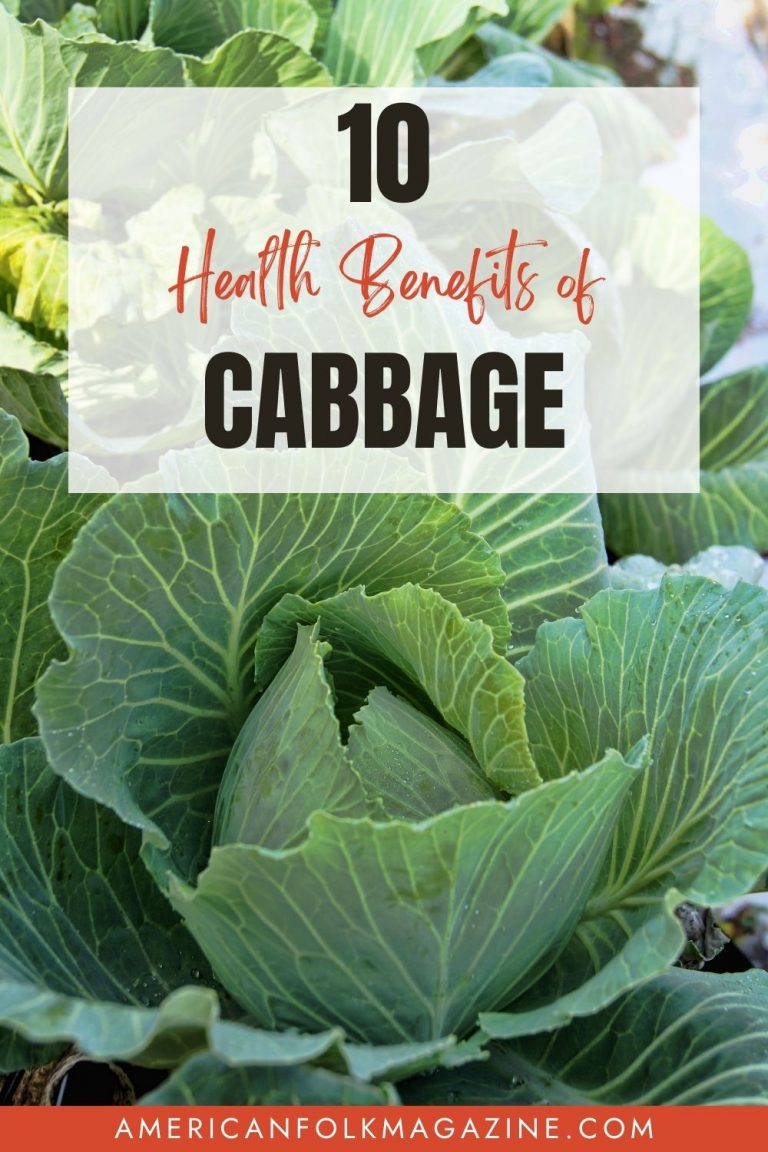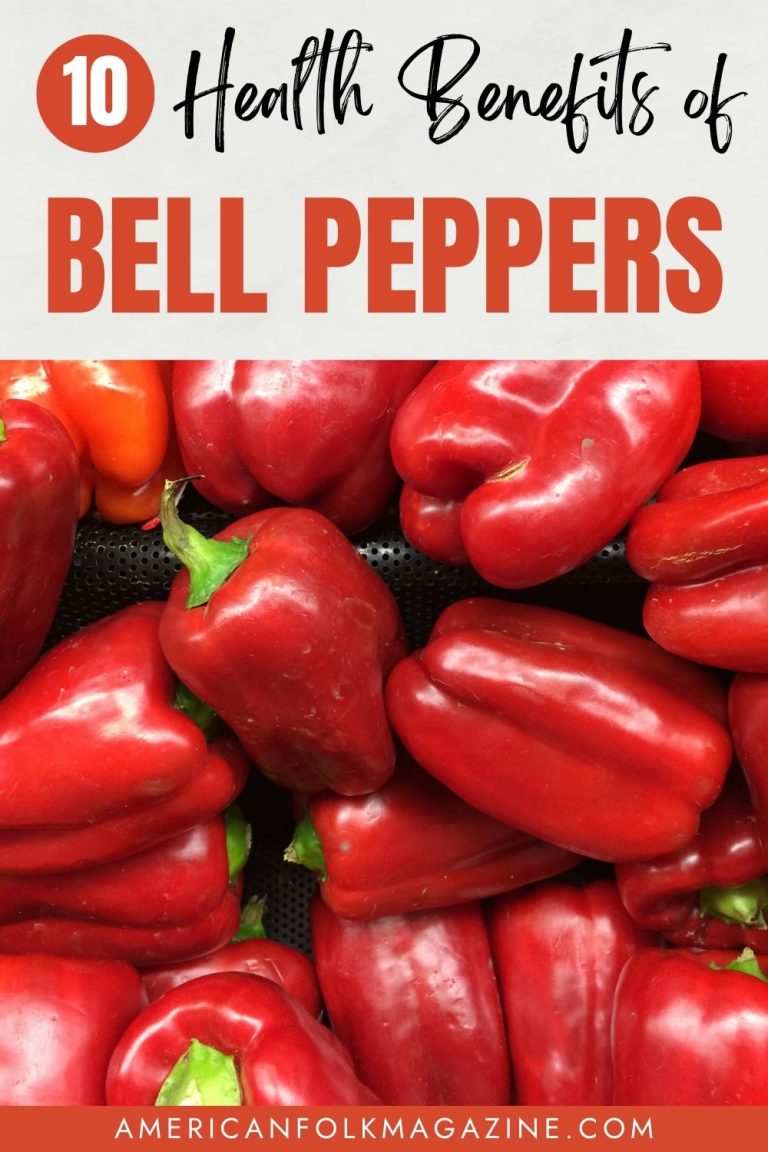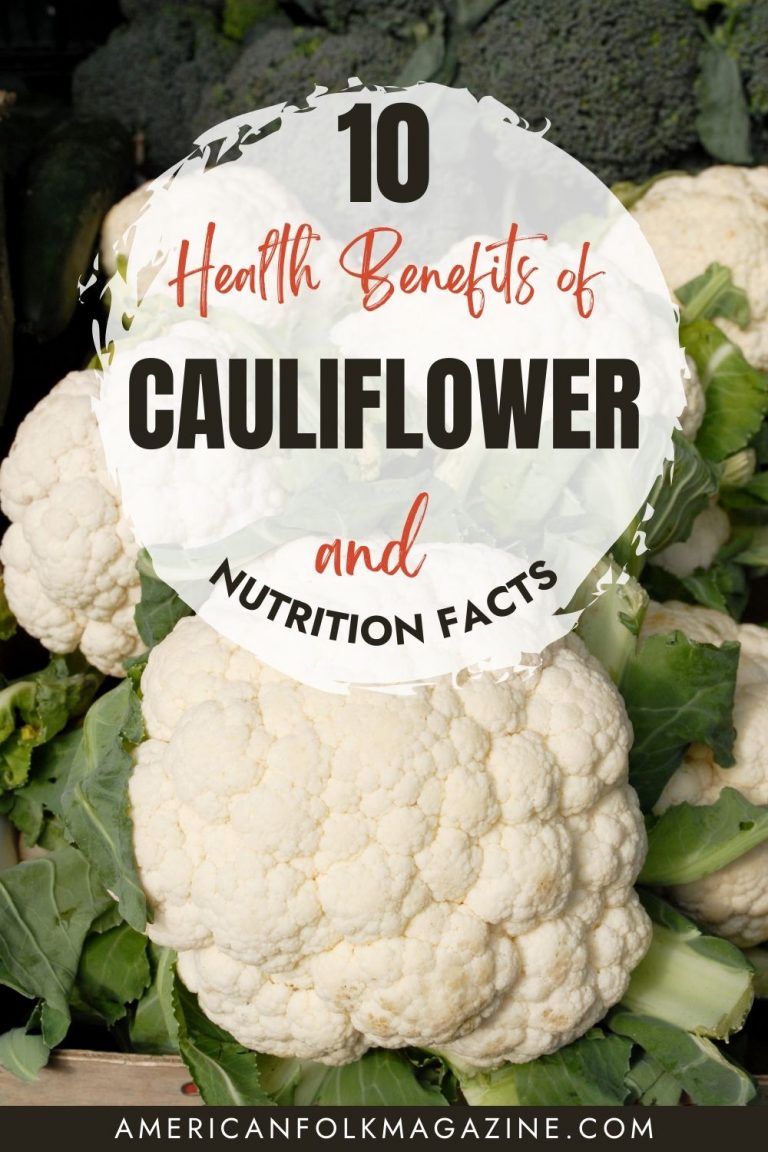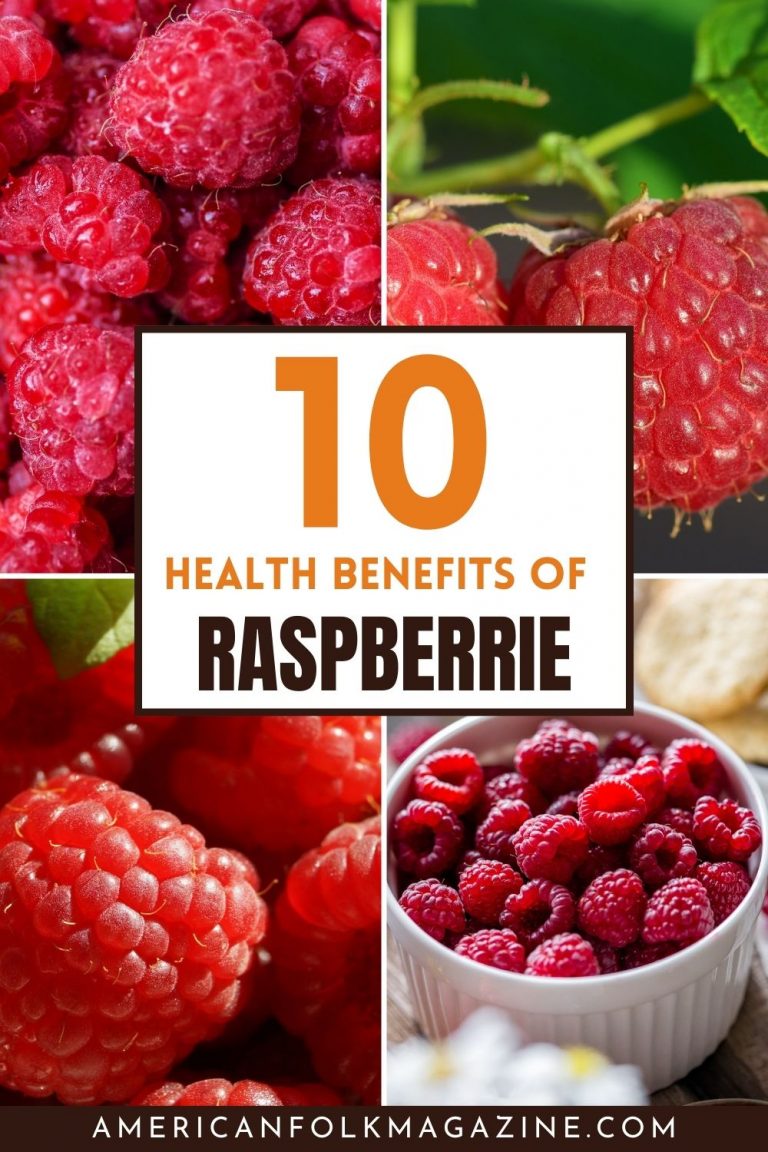Bananas are a popular fruit that pack a punch when it comes to health benefits. Packed with essential nutrients, they can improve digestion, boost energy levels, and support heart health. Not only that, but bananas also have the power to enhance mood and mental well-being.
This article will delve into the nutritional profile of bananas and explore ten of their most significant health benefits.
Nutritional Profile of Bananas
A medium-sized banana, approximately 7 inches long, packs quite a nutritional punch. It provides about 105 calories, most of which come from carbohydrates. Bananas are rich in dietary fiber, offering about 3 grams per serving, which aids digestion and promotes feelings of fullness.
Bananas are an excellent source of vitamin C, a powerful antioxidant that helps protect the body against harmful free radicals. They also provide a good amount of vitamin B6, essential for brain development and function. But perhaps the most well-known nutrient in bananas is potassium. A medium-sized banana provides about 422 milligrams of potassium, which is about 12% of the recommended daily intake.
Health Benefit 1: May Improve Digestion
The high fiber content in bananas not only keeps you full but also has a significant role in digestion. A medium banana provides about 10% of a person’s fiber needs for a day. Dietary fiber aids in improving digestion by softening stool and helping prevent constipation.
Additionally, bananas contain resistant starch, which escapes digestion and ends up in your large intestine, where it becomes food for the beneficial bacteria in your gut.
Health Benefit 2: Helps to Improve Heart Health
Bananas are a heart-healthy food. Thanks to their potassium content, they help maintain heart function and normal blood pressure. Potassium is a crucial mineral that regulates heartbeat and helps in balancing out the negative effects of salt. The fiber, vitamin C, and vitamin B6 in bananas also support heart health.
They work together to lower cholesterol levels and reduce the risk of cardiovascular diseases. So, incorporating bananas into your diet could mean taking a step towards a healthier heart.
Health Benefit 3: Helps to Build Lean Muscles
Bananas are a great addition to a muscle-building diet due to their nutritional composition. They are rich in high-quality protein, which is vital for muscle growth and repair. The carbohydrates in bananas provide the body with the necessary energy for intense workouts, while the potassium helps to reduce muscle cramping and speed up recovery.
Additionally, bananas contain magnesium, which is essential for protein synthesis and can enhance muscle strength. Consuming a banana pre or post-workout can thus contribute to building lean muscles effectively.
Health Benefit 4: Supports Bone Health
Bananas may not be rich in calcium, the go-to nutrient for bone health, but they do offer an array of nutrients that help keep your bones strong. They contain a modest amount of magnesium, which is essential for bone formation and influences the activity of osteoblasts and osteoclasts, cells responsible for bone health.
Additionally, the potassium in bananas can neutralize the high amounts of dietary sodium that can leach calcium from bones, thereby helping to prevent osteoporosis.
Health Benefit 5: Helps Muscles to Recover After Exercise
Bananas are a popular post-workout snack, and for a good reason. The natural sugars in bananas provide quick energy, while the potassium helps prevent muscle cramps and soreness.
Furthermore, the magnesium in bananas aids in muscle relaxation and promotes faster recovery after intense workouts.
Health Benefit 6: Helps to Reduce Bloating
Bloating can be uncomfortable and sometimes indicative of poor digestion. Bananas, with their high fiber content, promote smooth digestion and can help reduce bloating. The potassium in bananas also helps in regulating the fluid levels in your body and can counteract the effects of sodium, which is often linked to bloating.
Health Benefit 7: May Improve Kidney Health
The potassium in bananas plays a crucial role in maintaining healthy kidney function. Studies have shown that those who consume bananas 4–6 times a week are almost 50% less likely to develop kidney disease than those who don’t eat this fruit. The antioxidant phenolic compounds found in bananas also help in detoxifying kidneys.
Health Benefit 8: Good for Vision
Bananas, though not as potent as carrots, can still benefit your eyes. They contain a small amount of vitamin A, a fat-soluble vitamin that is essential for protecting your eyes and maintaining normal vision.
The vitamin A in bananas also helps in preserving the membranes that surround your eyes and is a component of one of the proteins that brings light into your cornea.
Health Benefit 9: May Help with a Hangover
Bananas can be a great hangover remedy. They are excellent in replenishing the body’s stores of potassium, which can be depleted due to alcohol’s diuretic effect. Additionally, bananas can help soothe stomach upset that often accompanies a hangover.
The natural sugars in bananas can also help stabilize blood sugar levels, which can be fluctuating after a night of drinking.
Health Benefit 10: Supports Eye Health
Bananas contain a small amount of vitamin A, essential for protecting your eyes, maintaining normal vision, and improving night vision.
Vitamin A contains compounds that preserve the membranes around your eyes and are an element in the proteins that bring light to your corneas.
Conclusion
Bananas are more than just a convenient and tasty snack; they’re also packed with nutrients that have significant benefits for your heart, digestion, and overall health. From improving heart health to supporting bone health and aiding in recovery after exercise, bananas offer a wide range of health benefits. So, whether you enjoy them as part of your breakfast, as a midday snack, or post-workout, bananas can be a great addition to your healthy eating plan.
References
- Bananas 101: Nutrition Facts and Health Benefits (healthline.com)
- Bananas: Health Benefits, Nutrients per Serving, Preparation Information, and More (webmd.com)
- Banana Nutrition Facts and Health Benefits (verywellfit.com)
Pin It In Your Board
